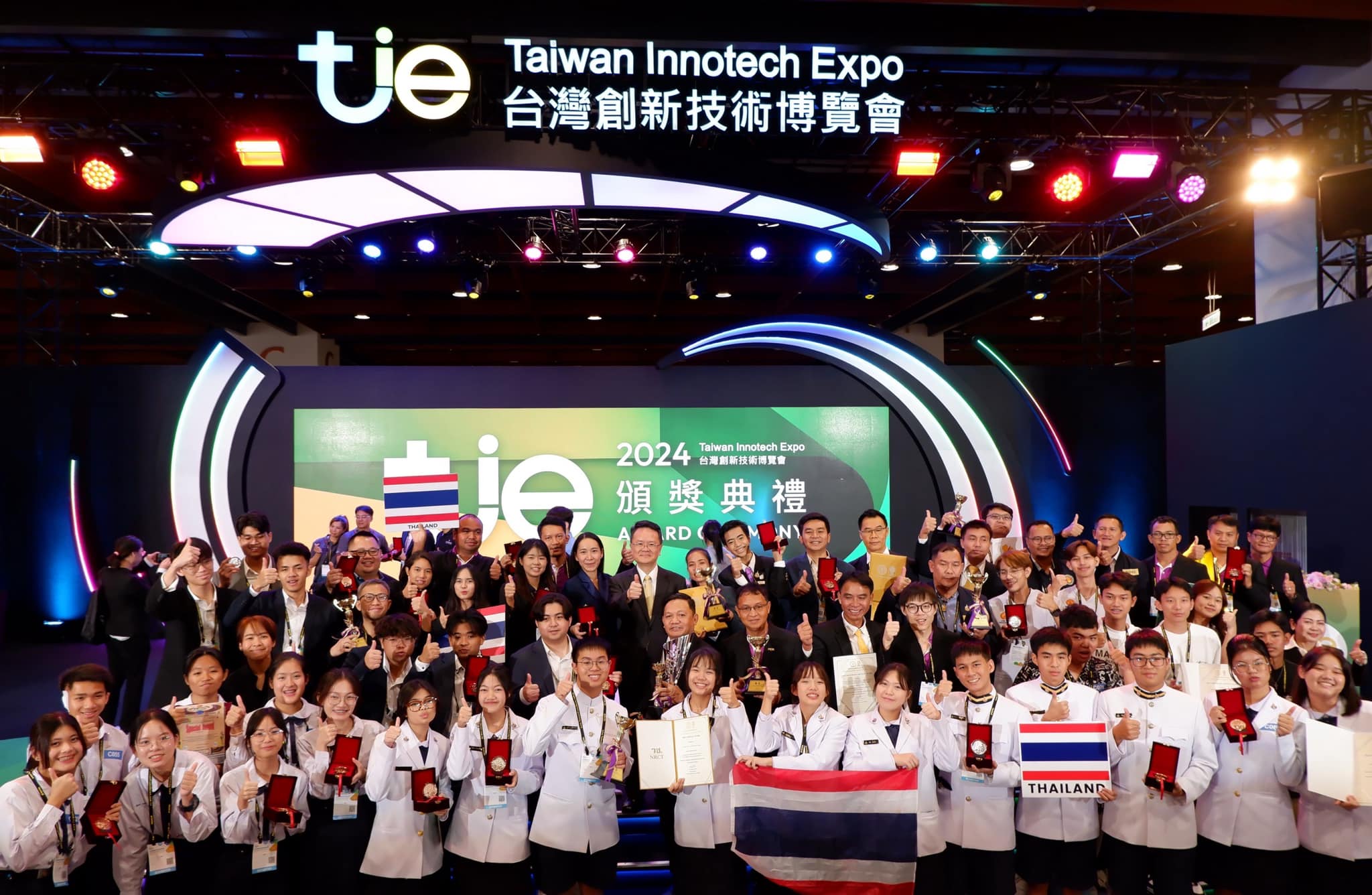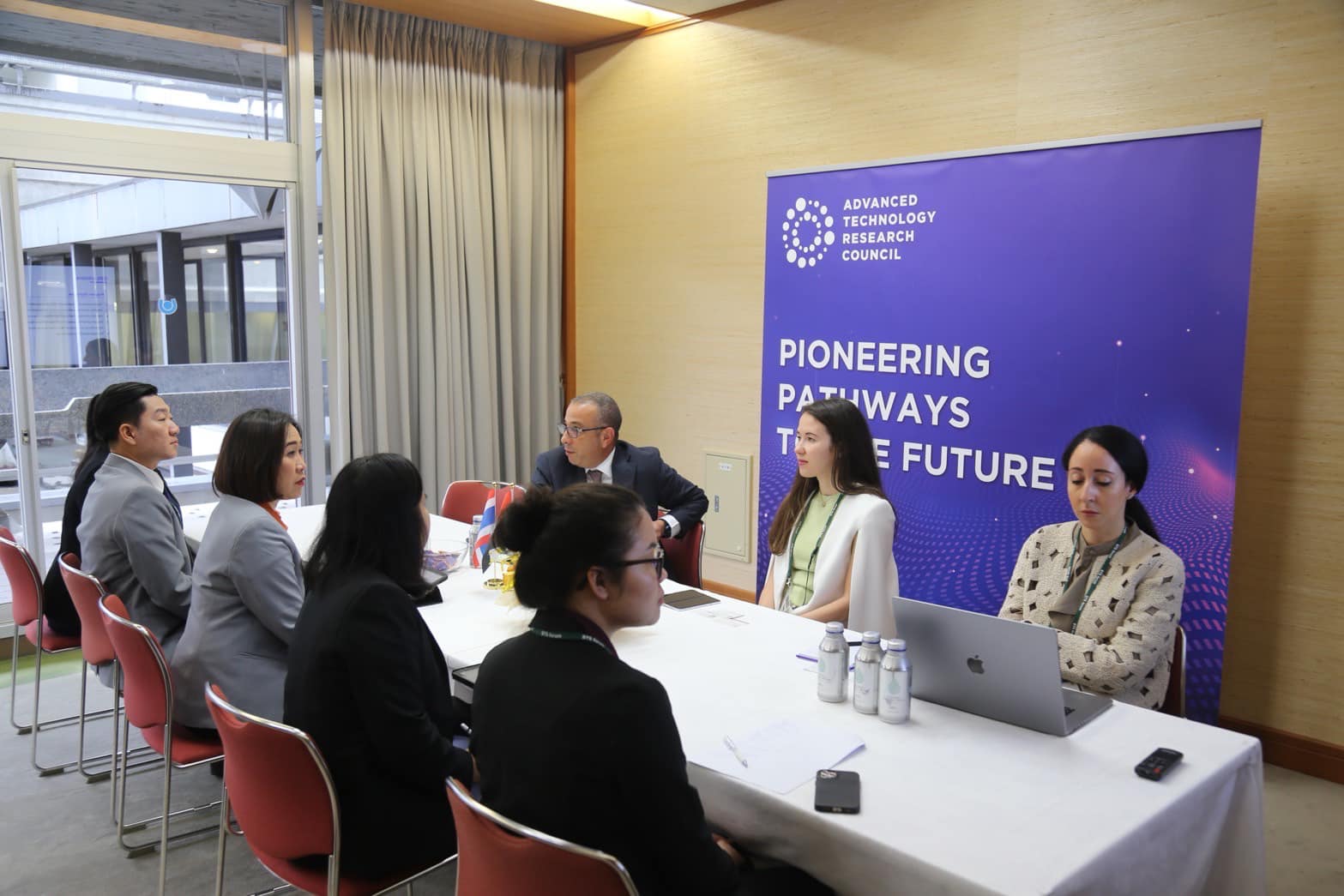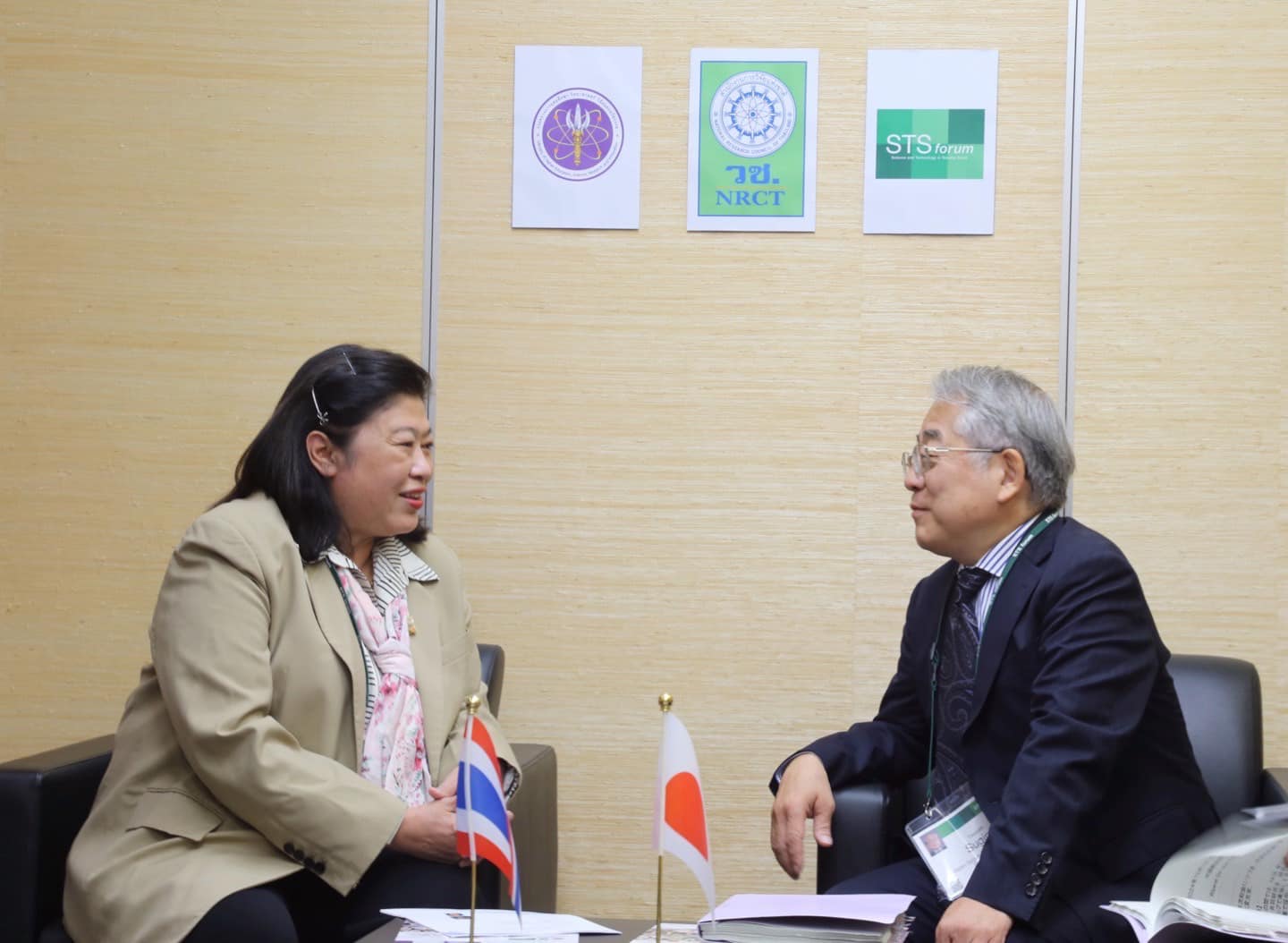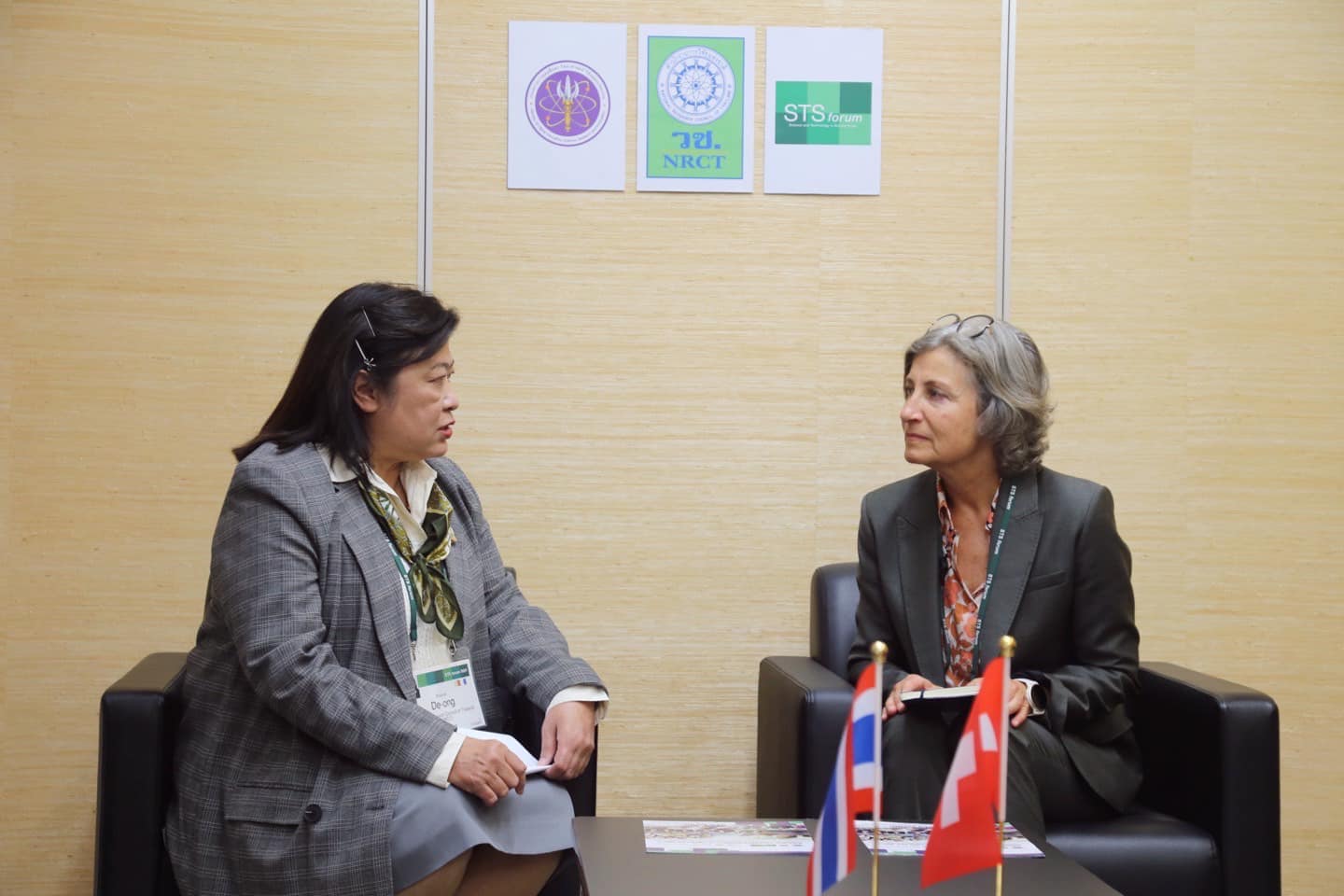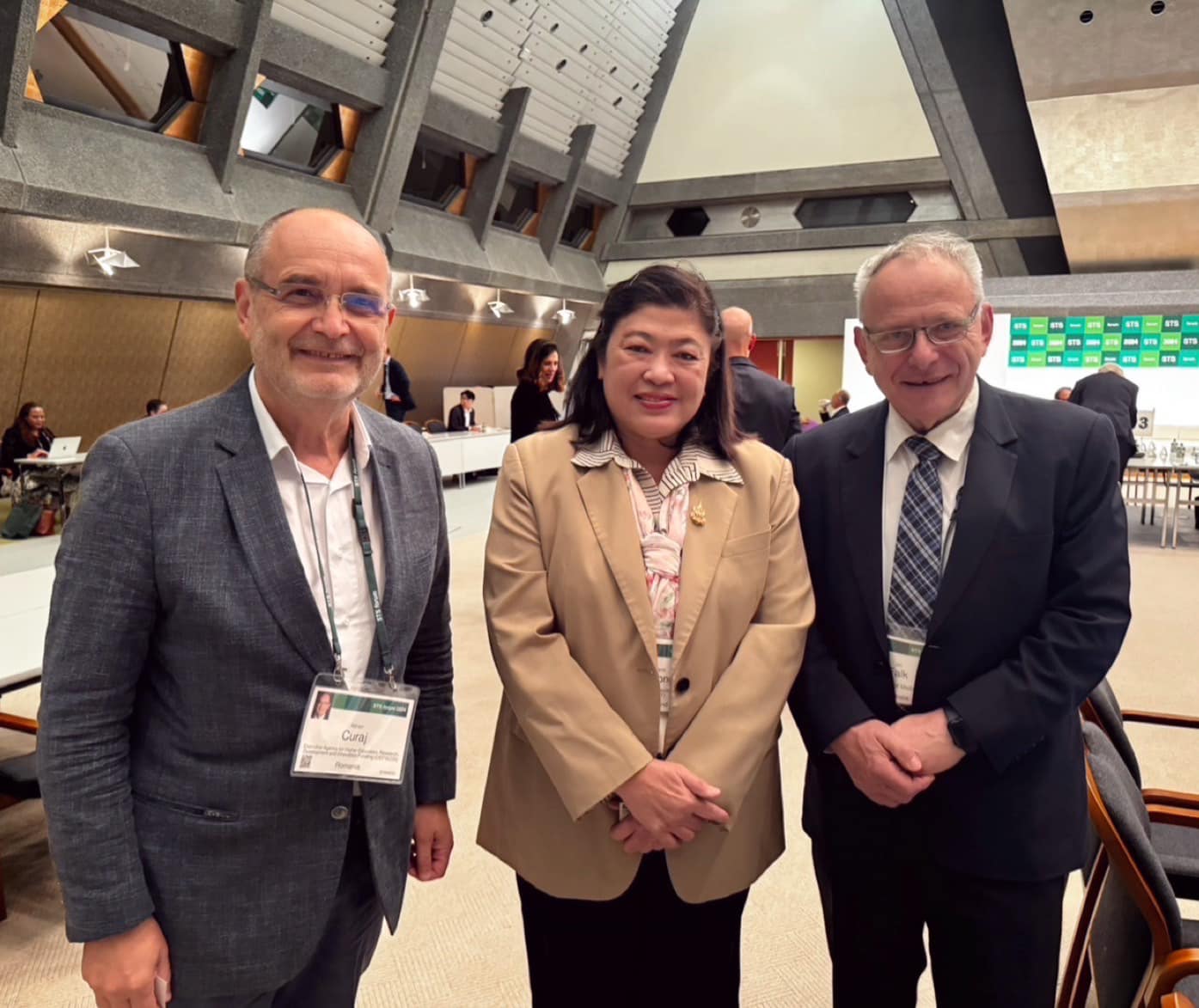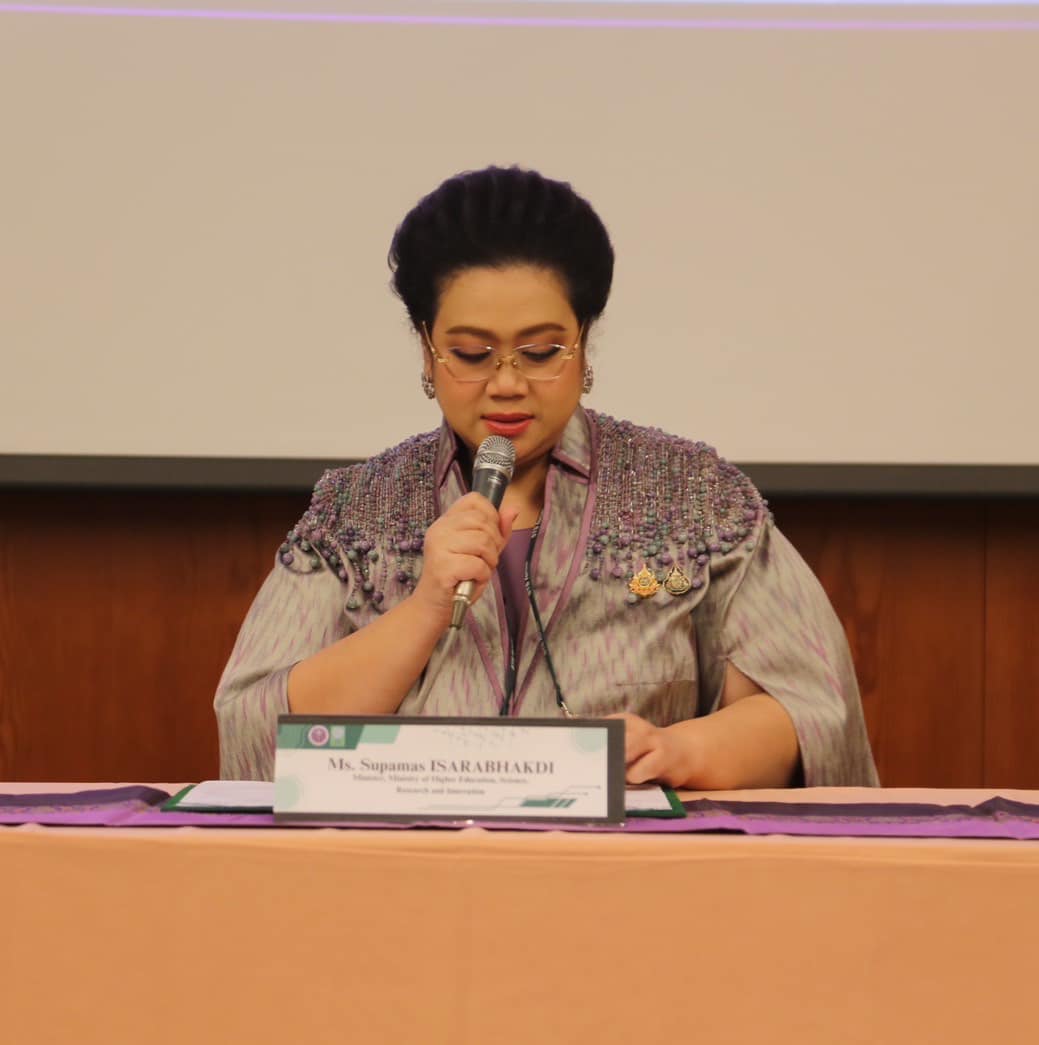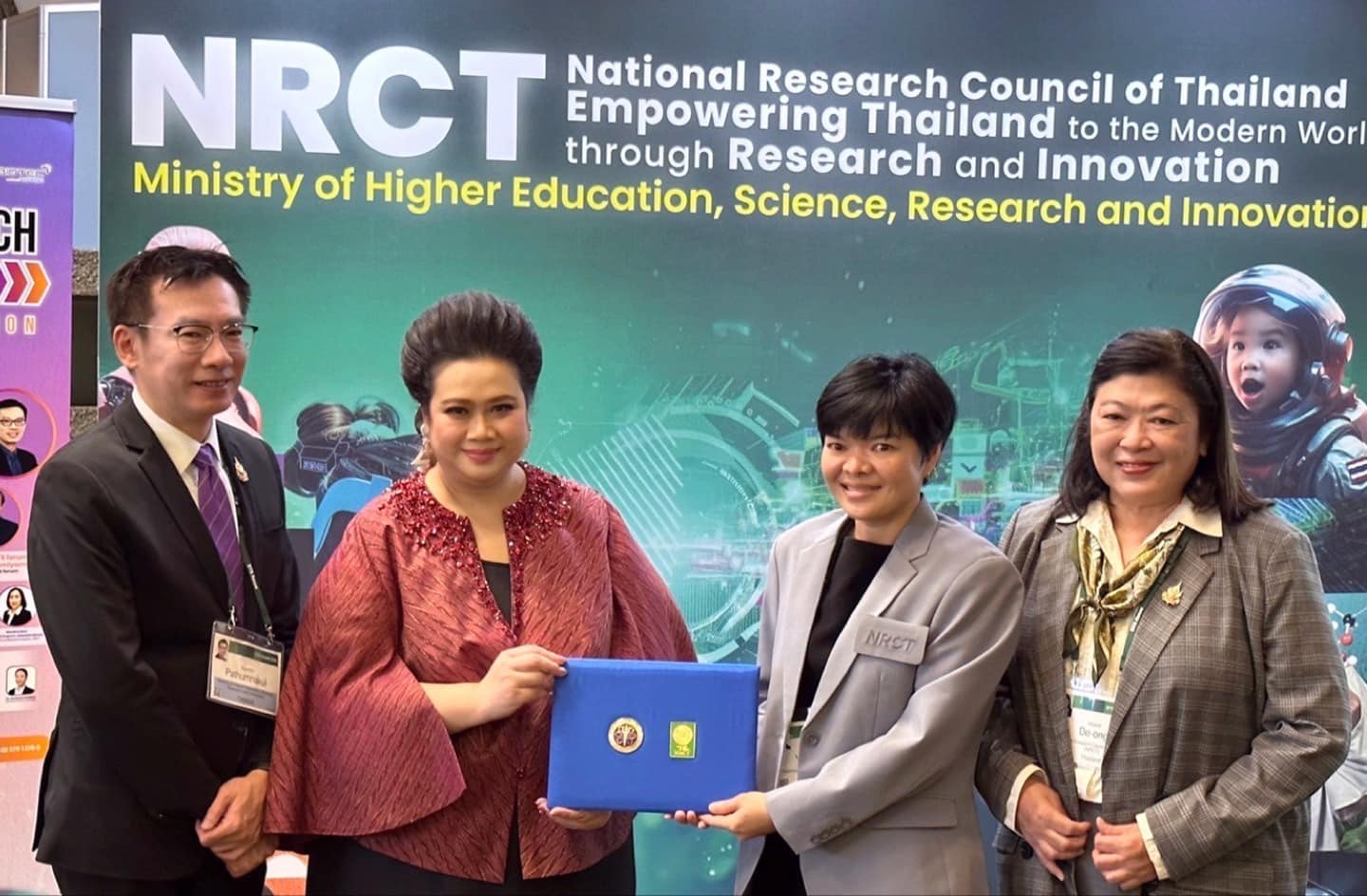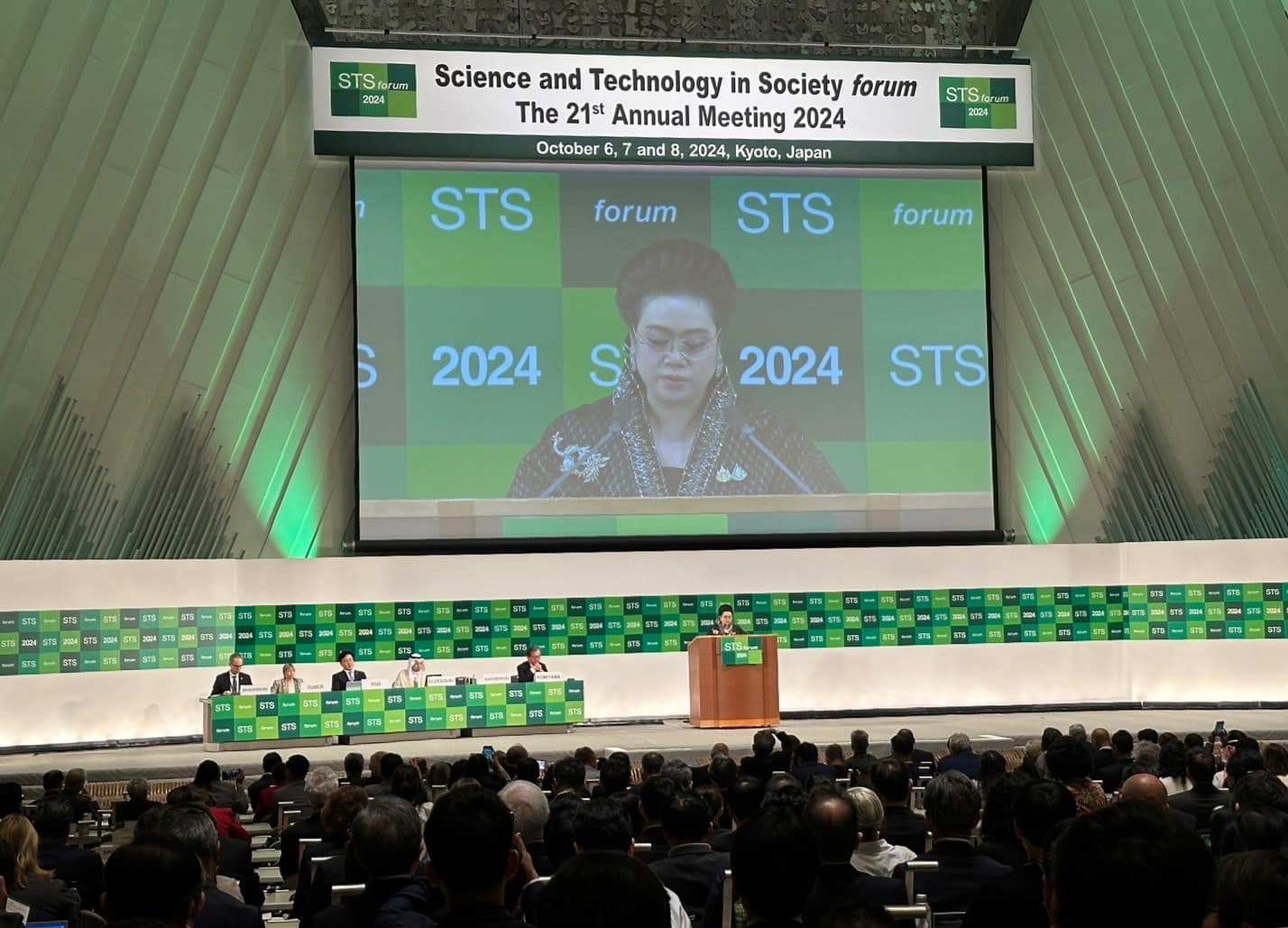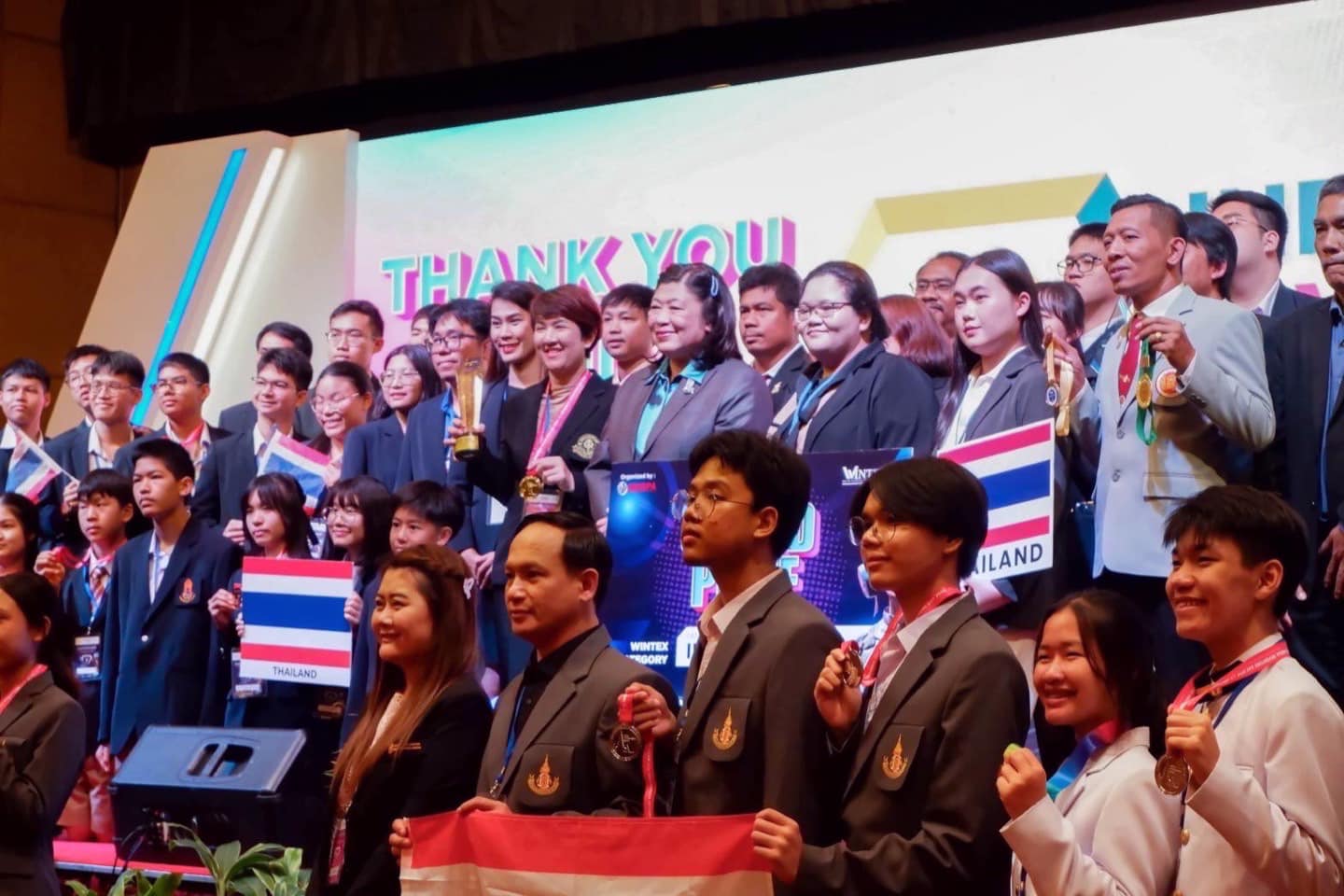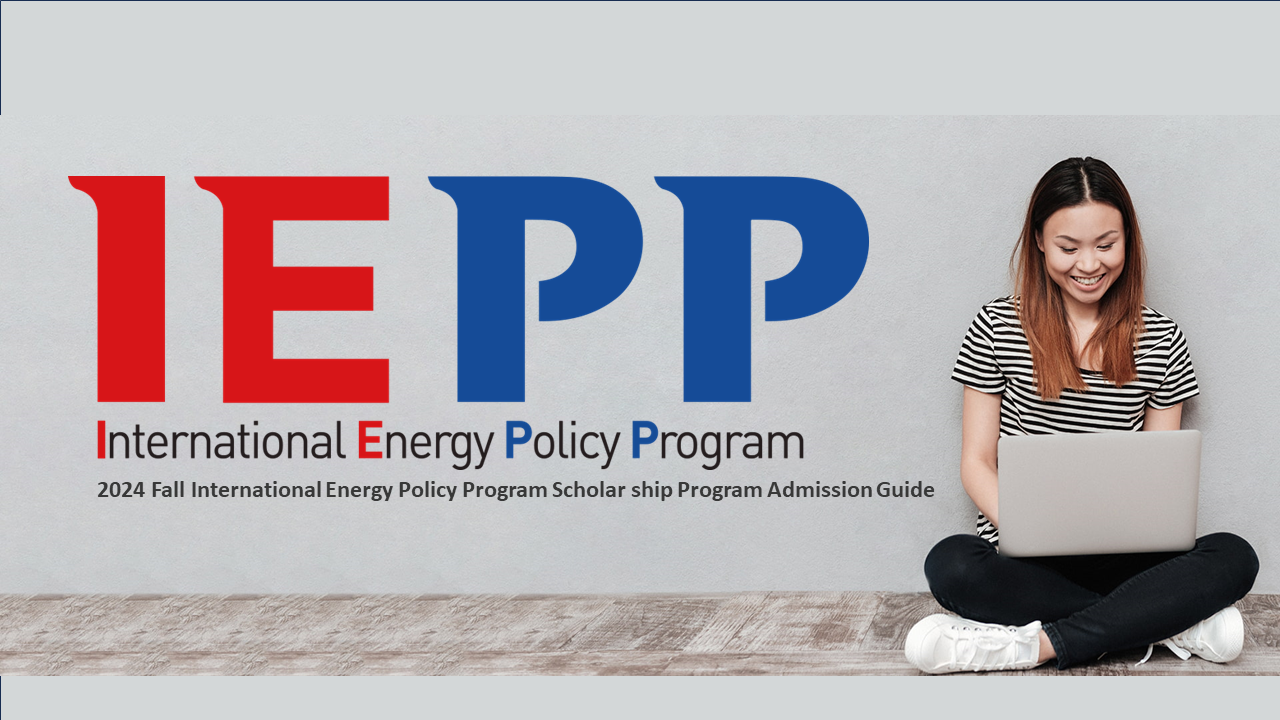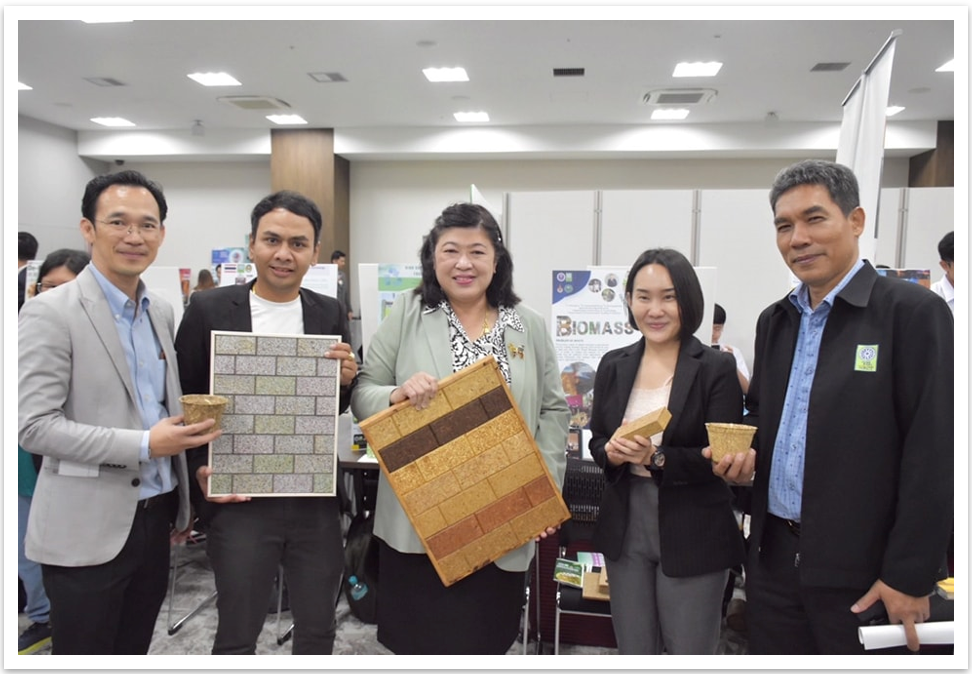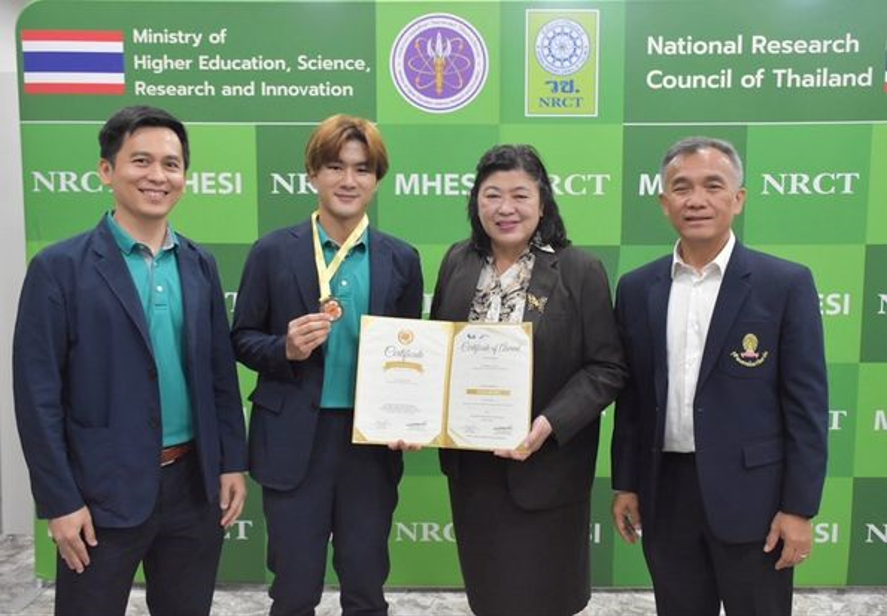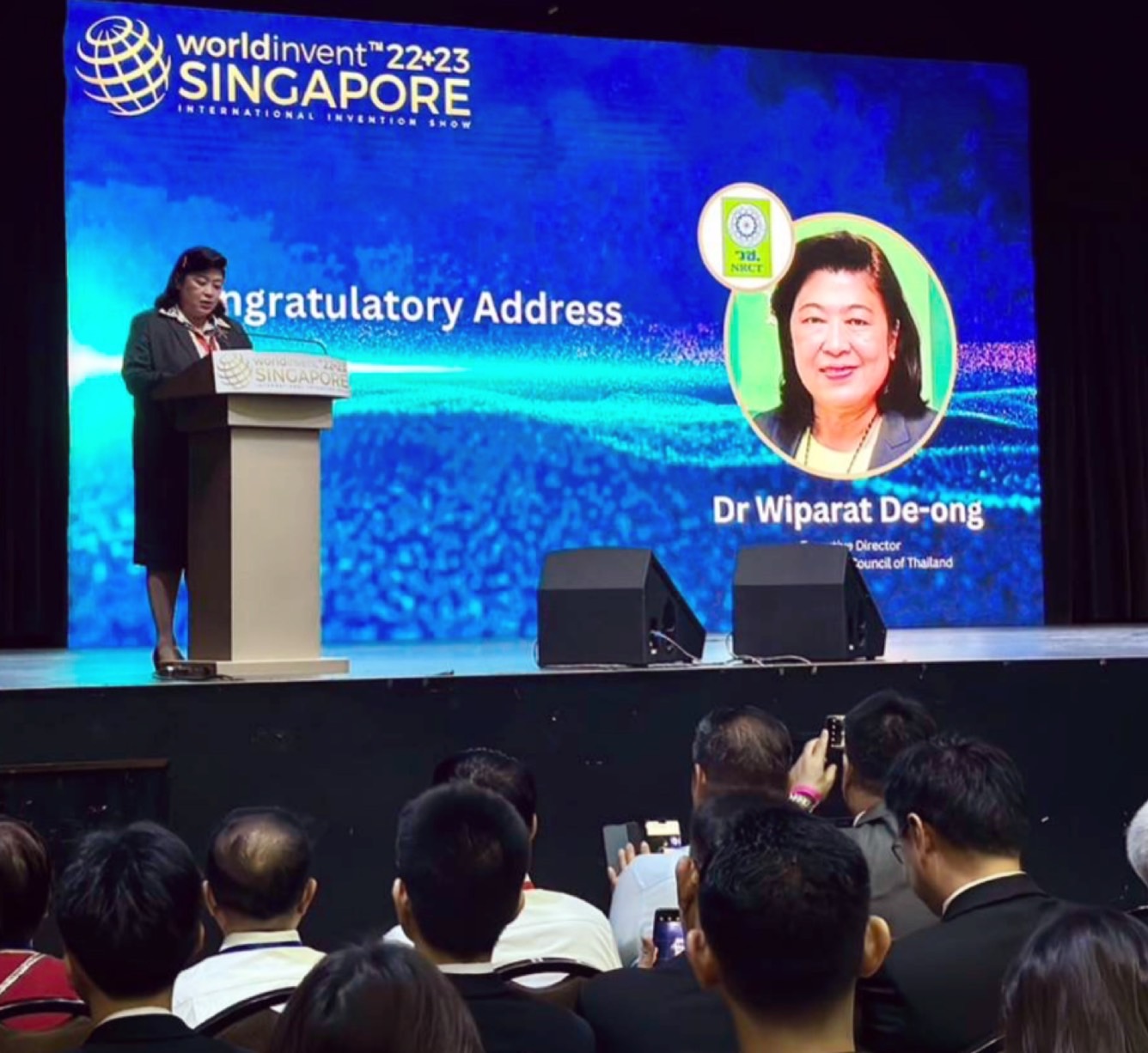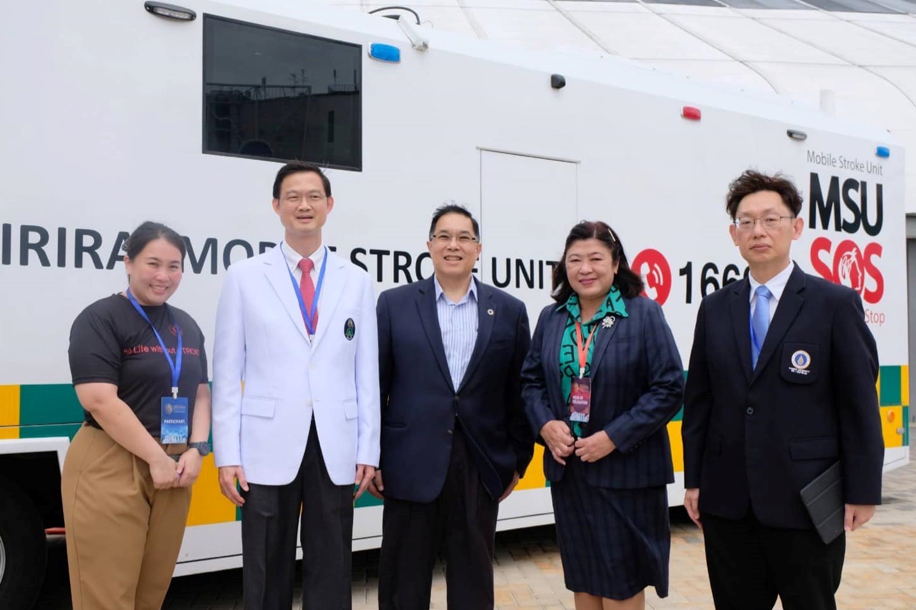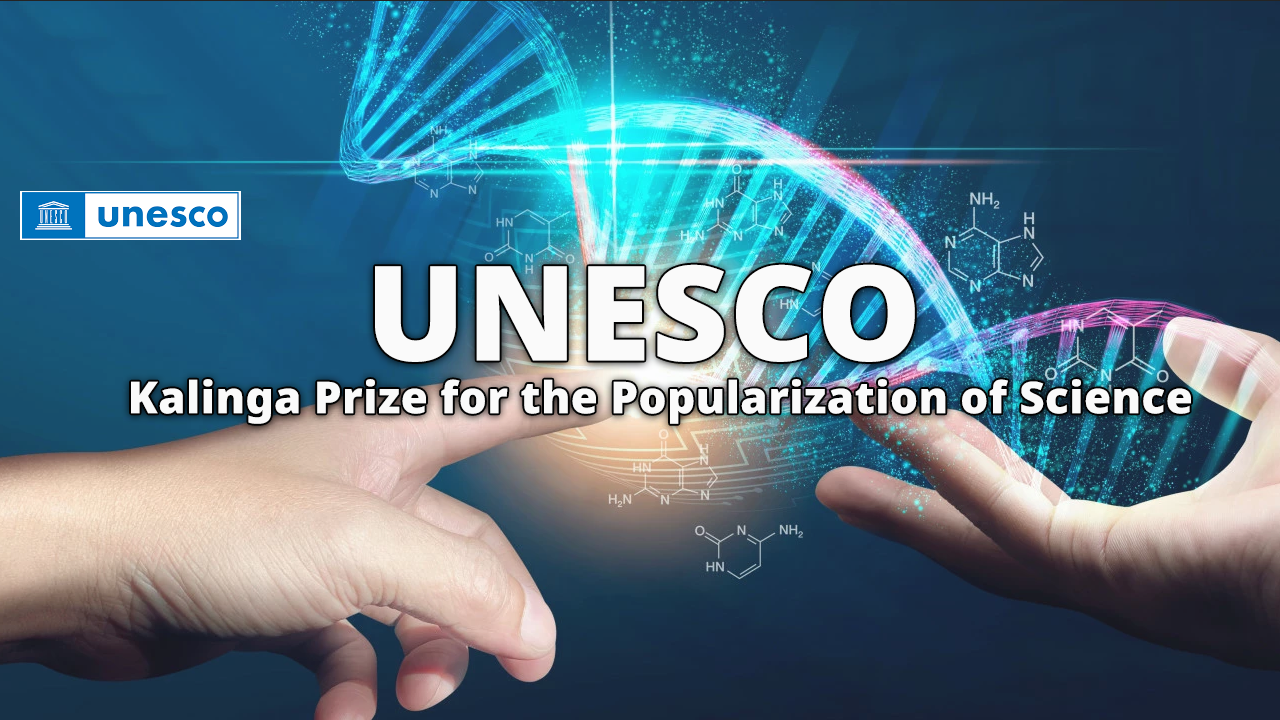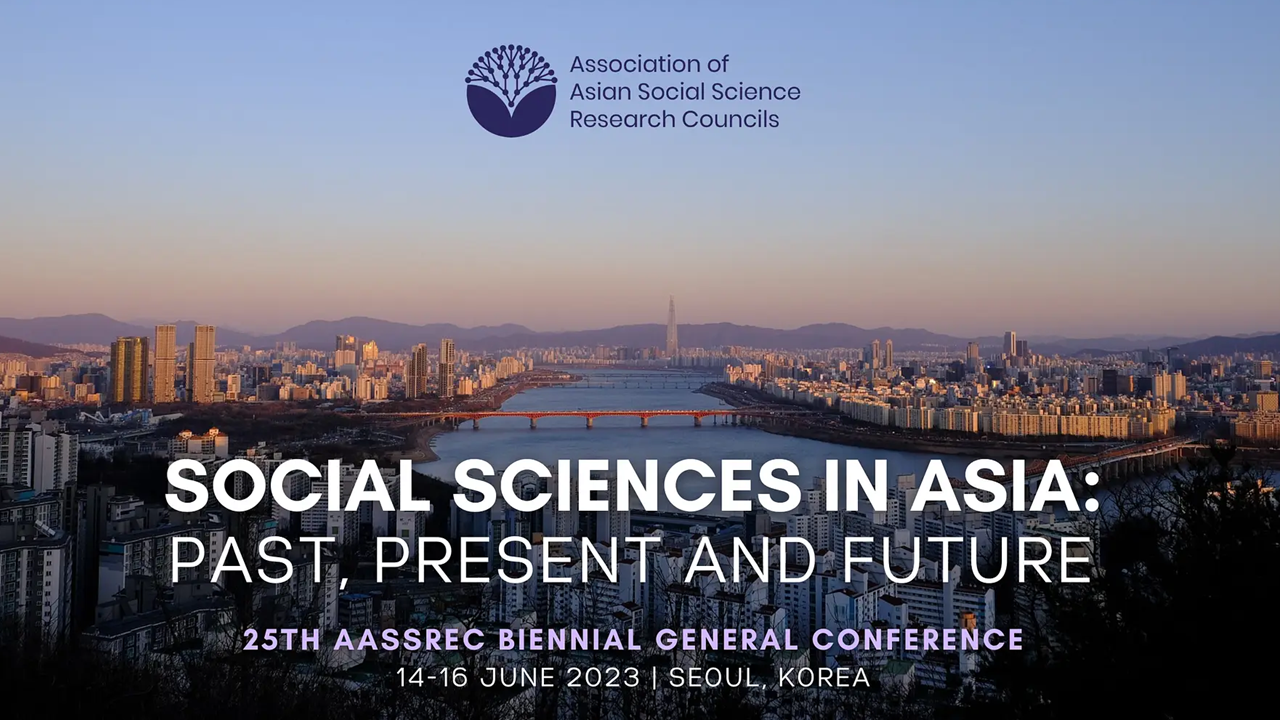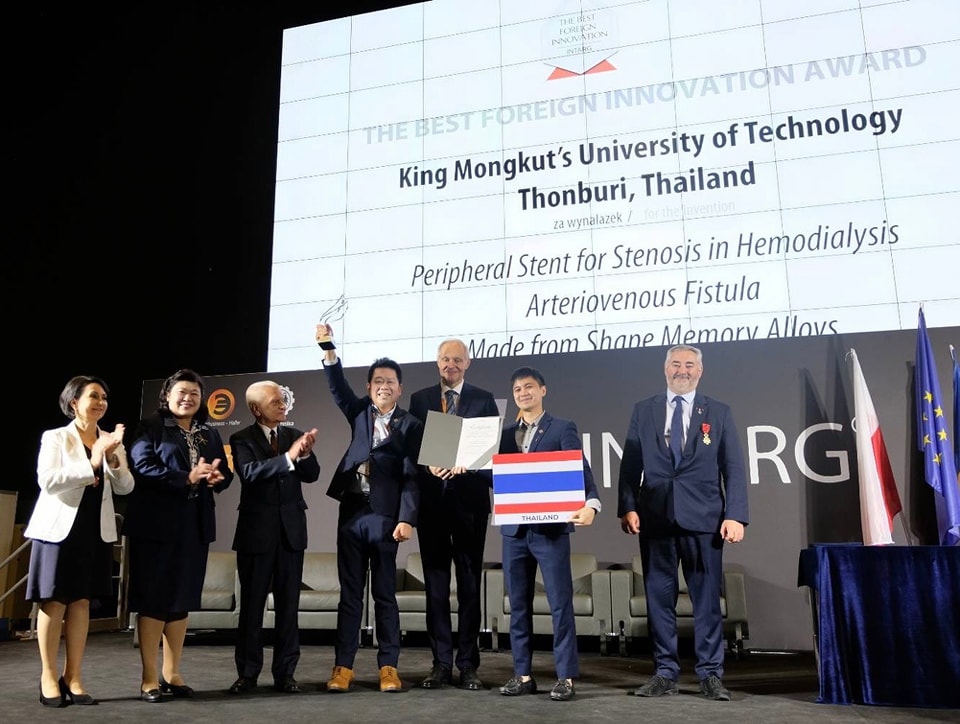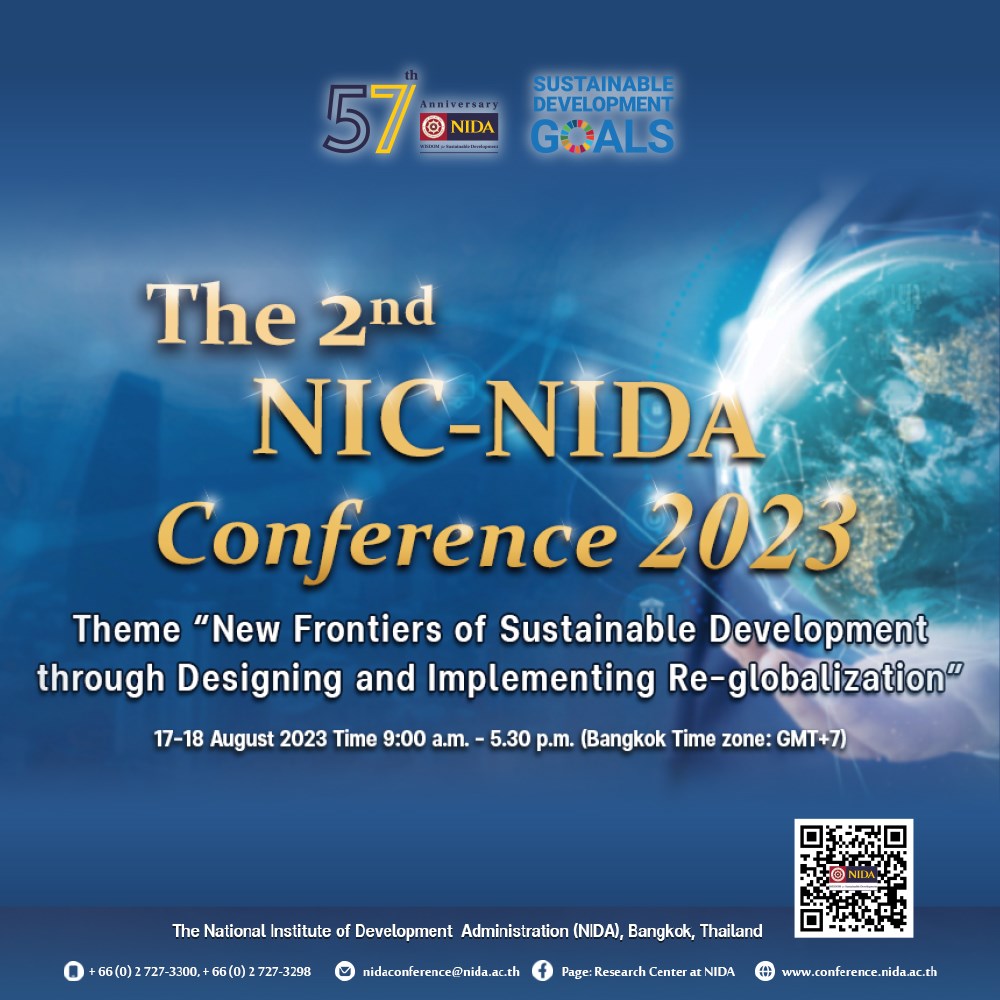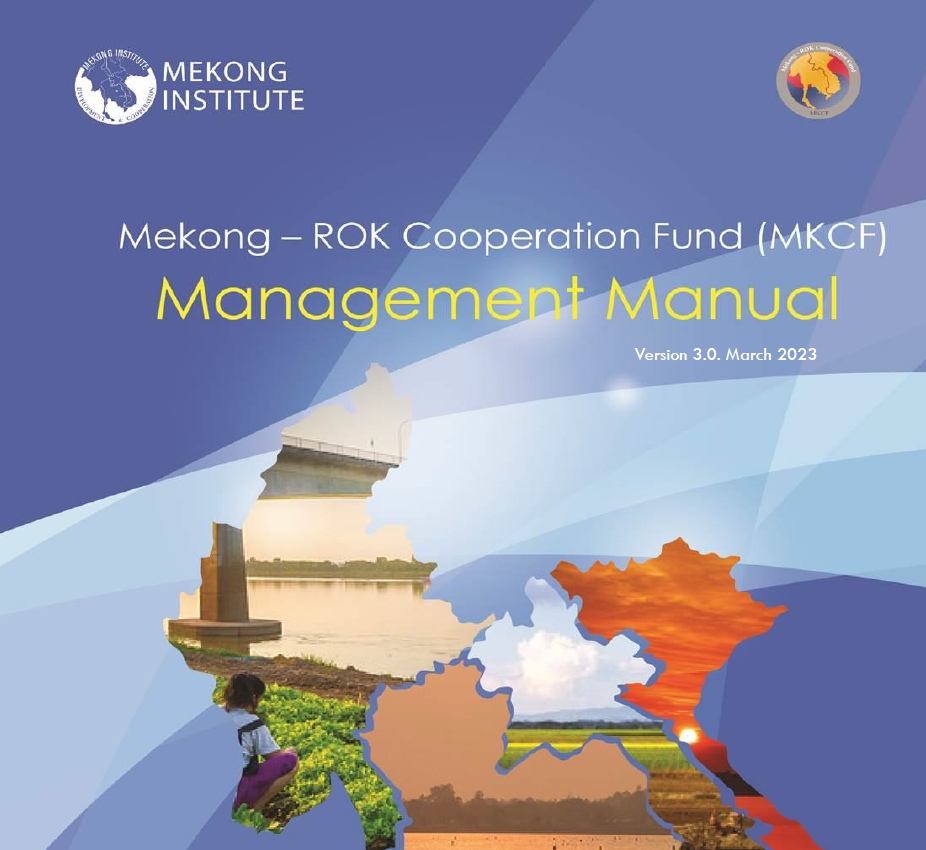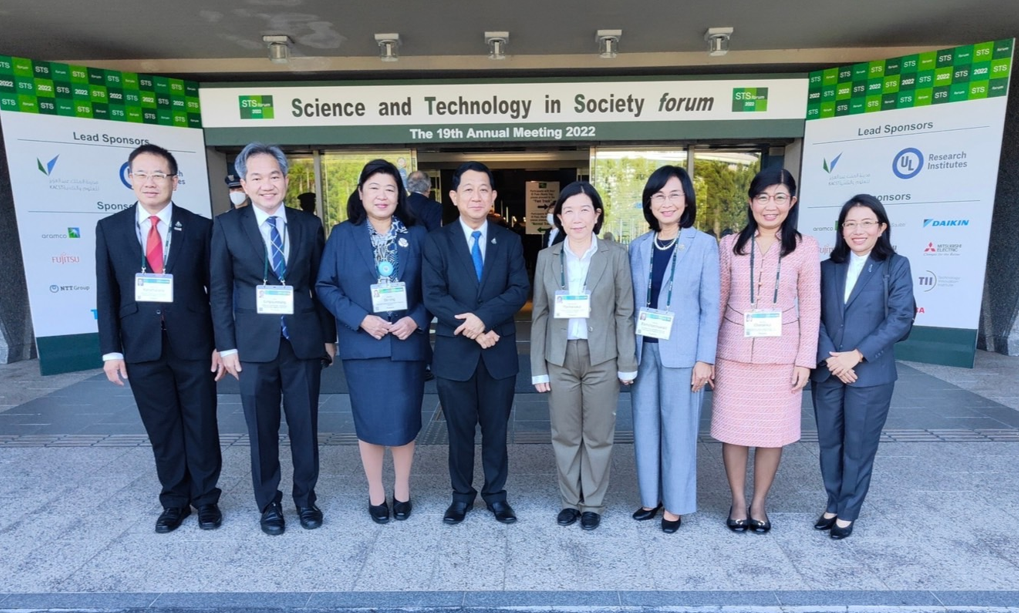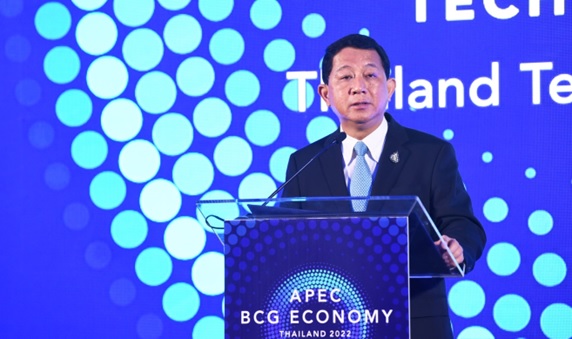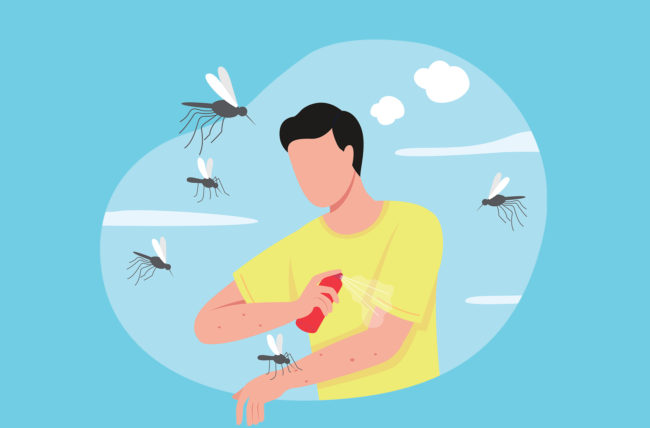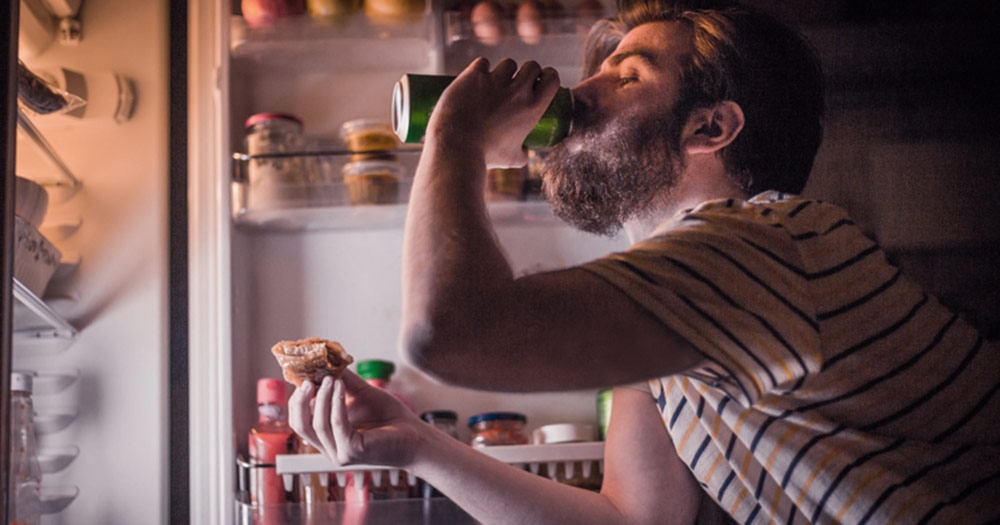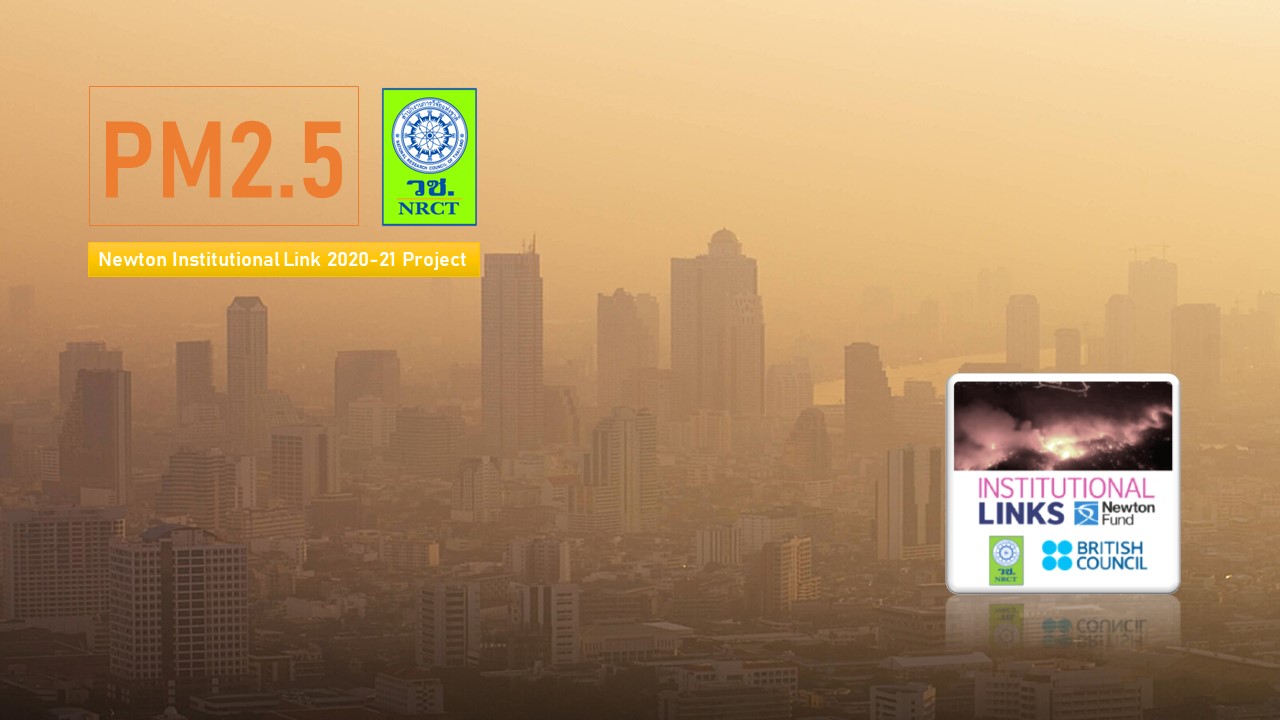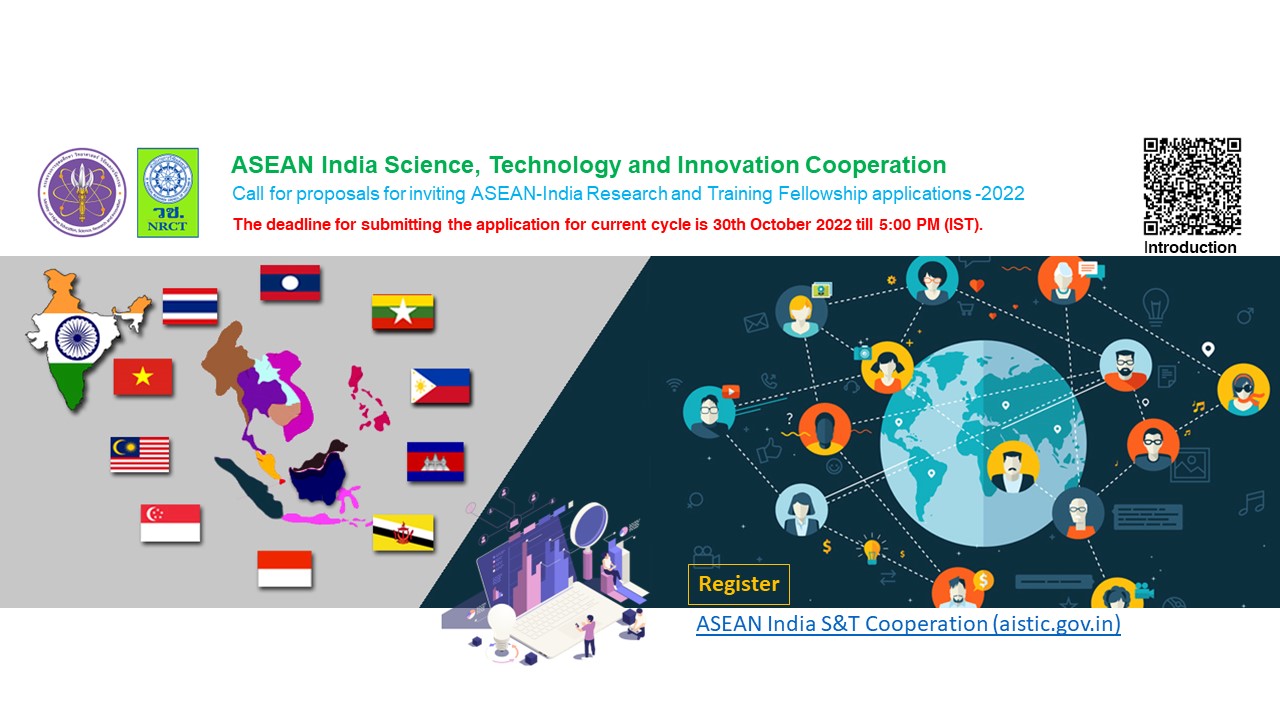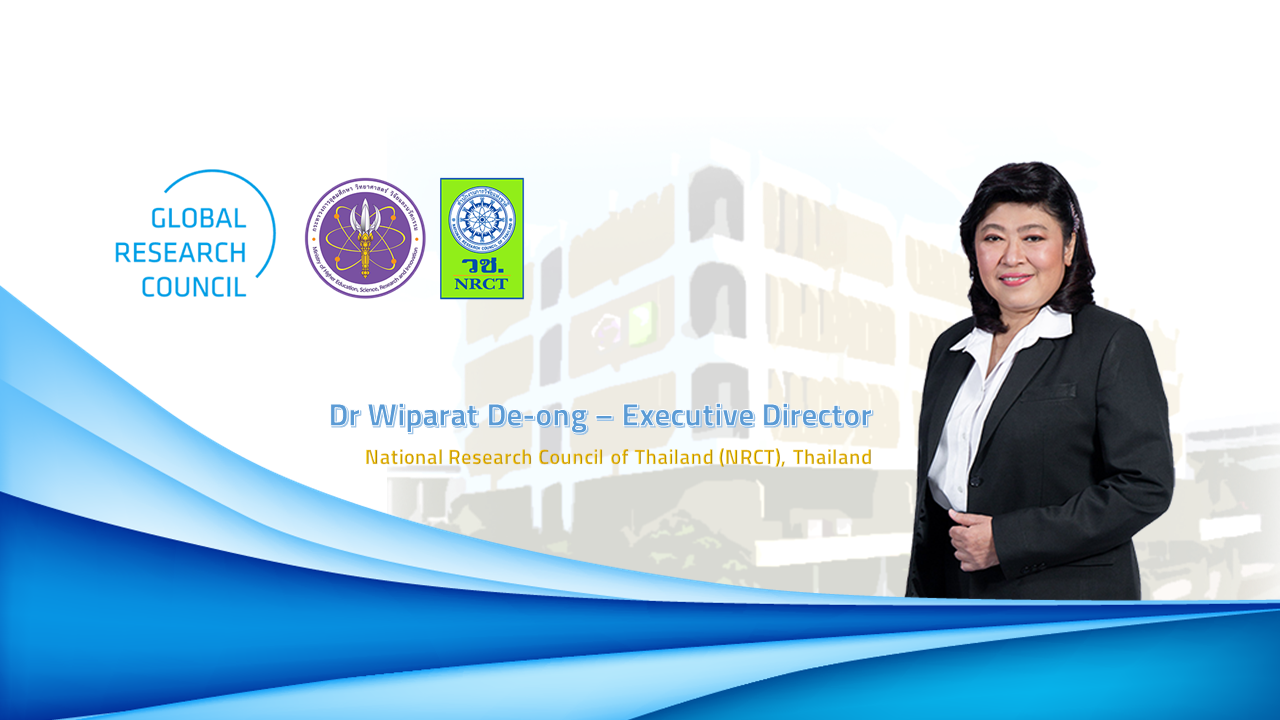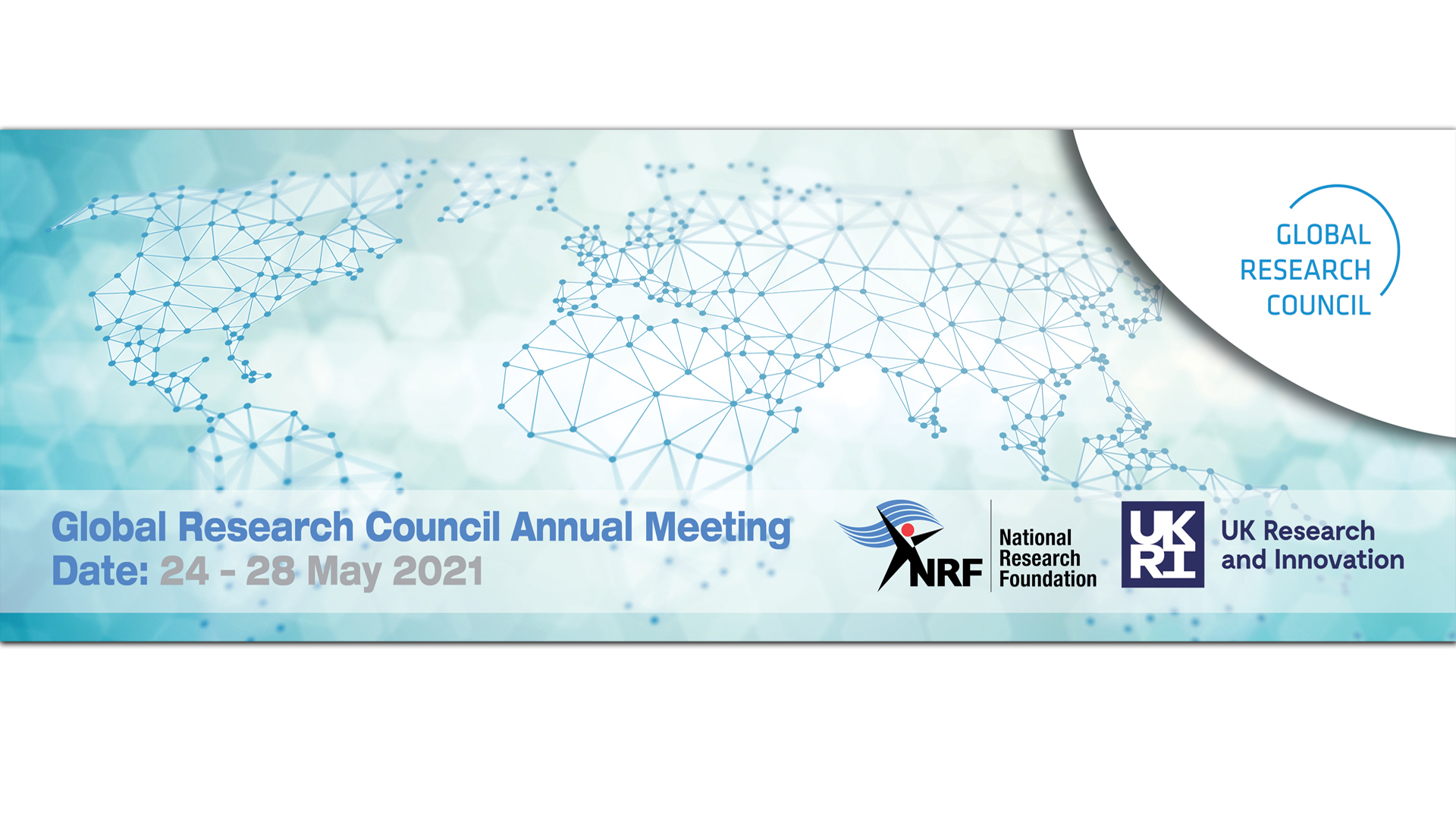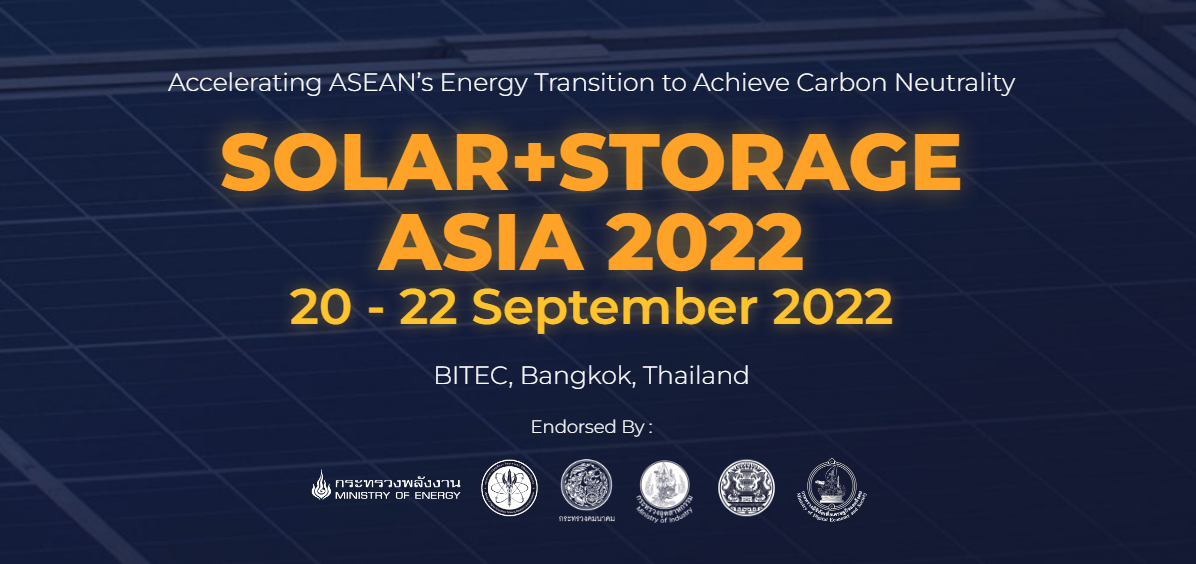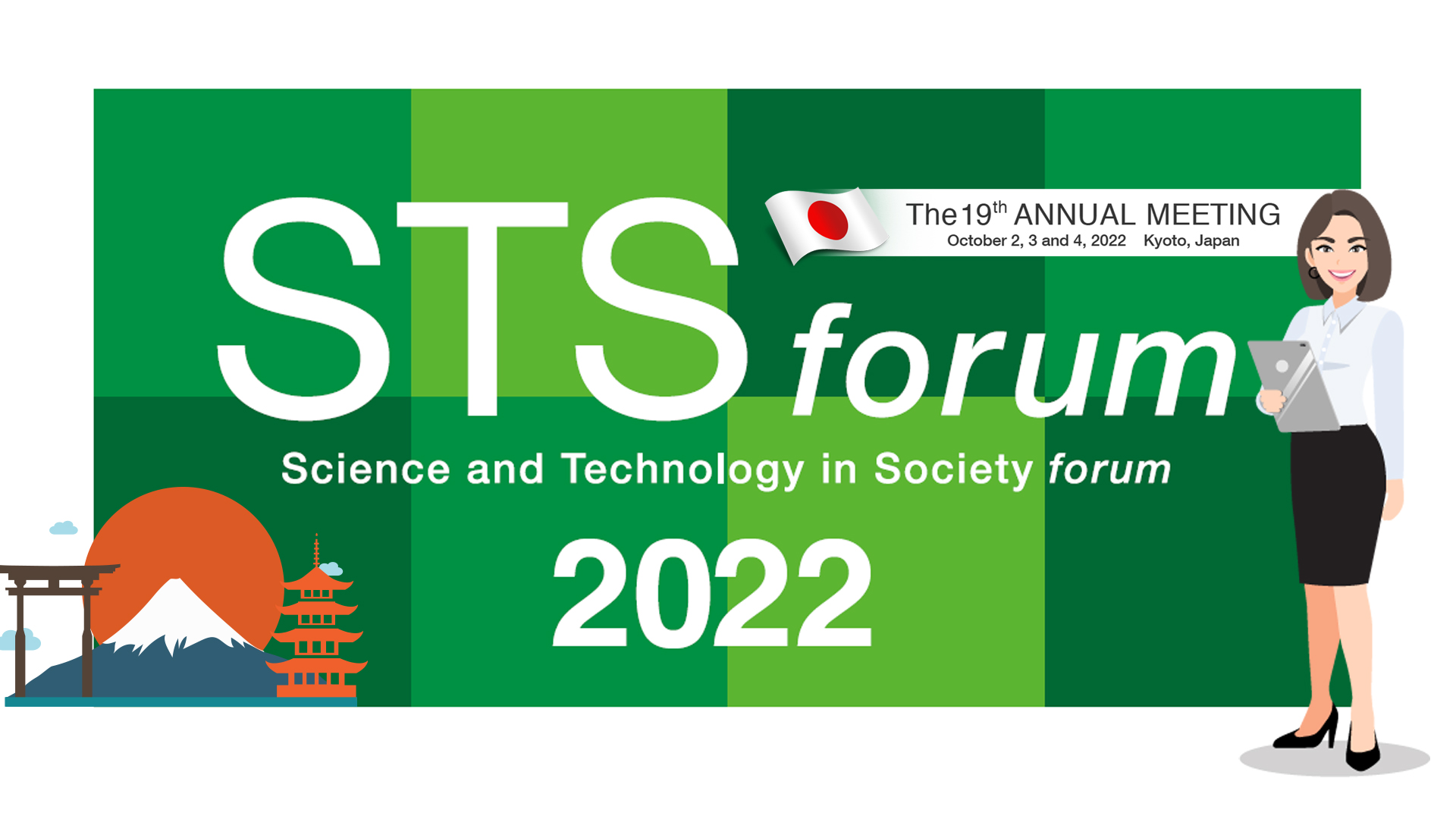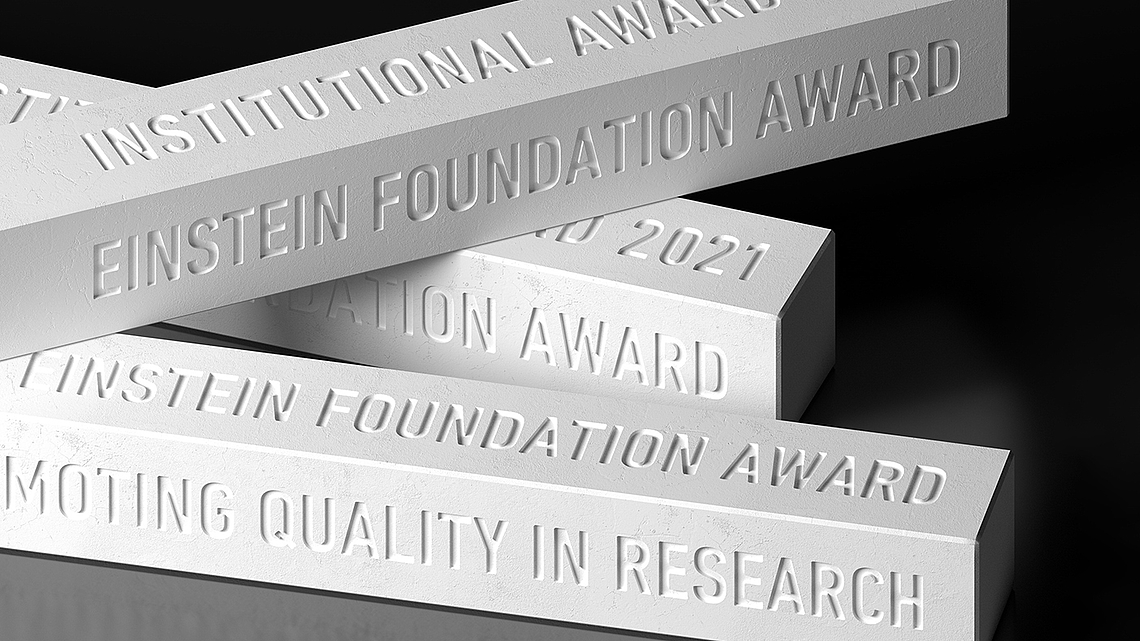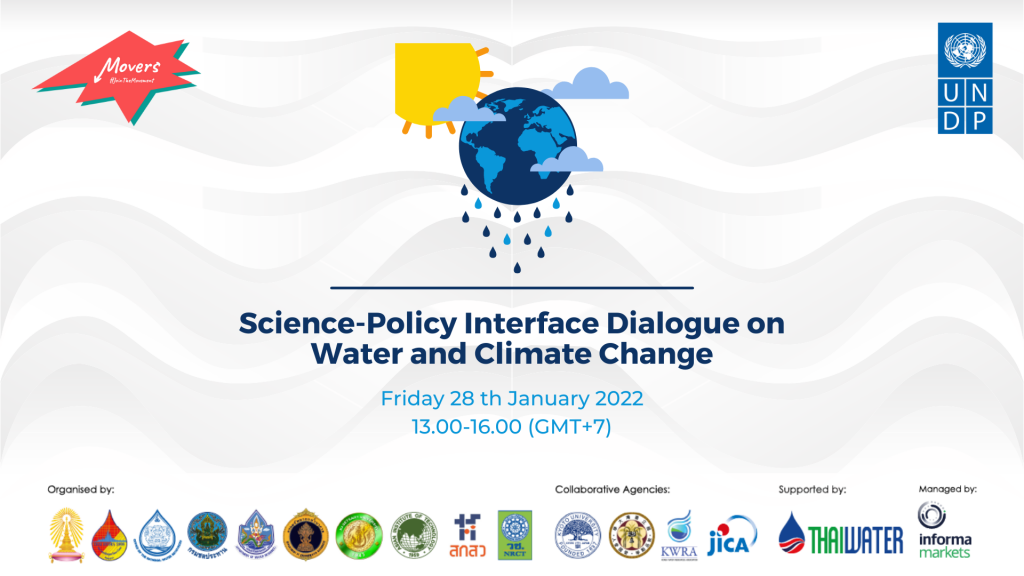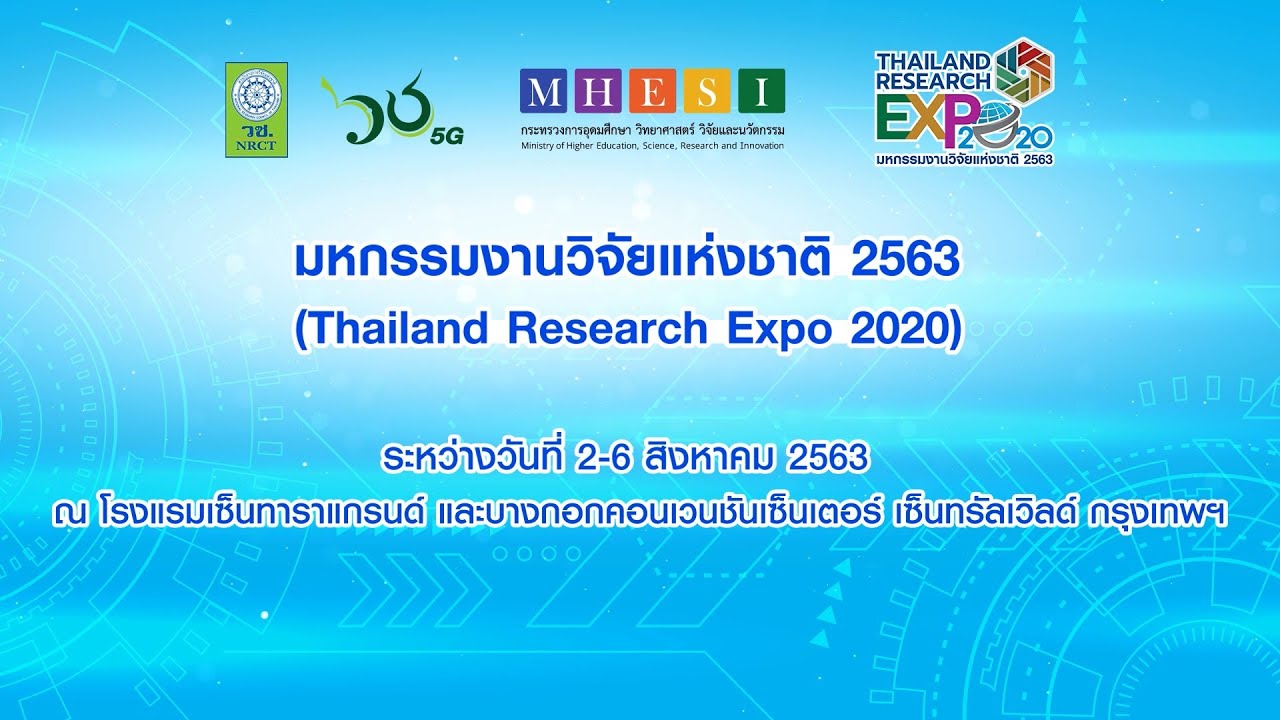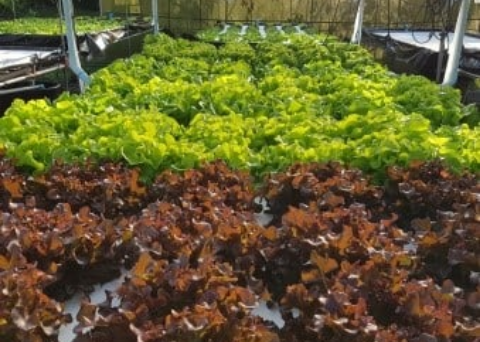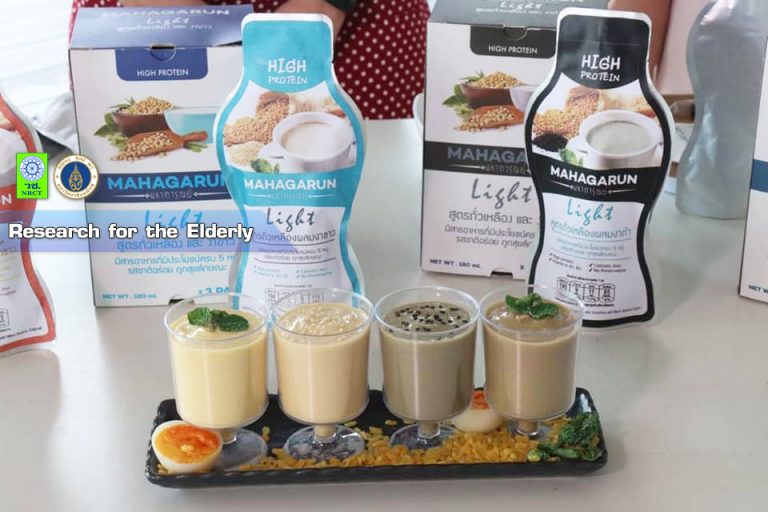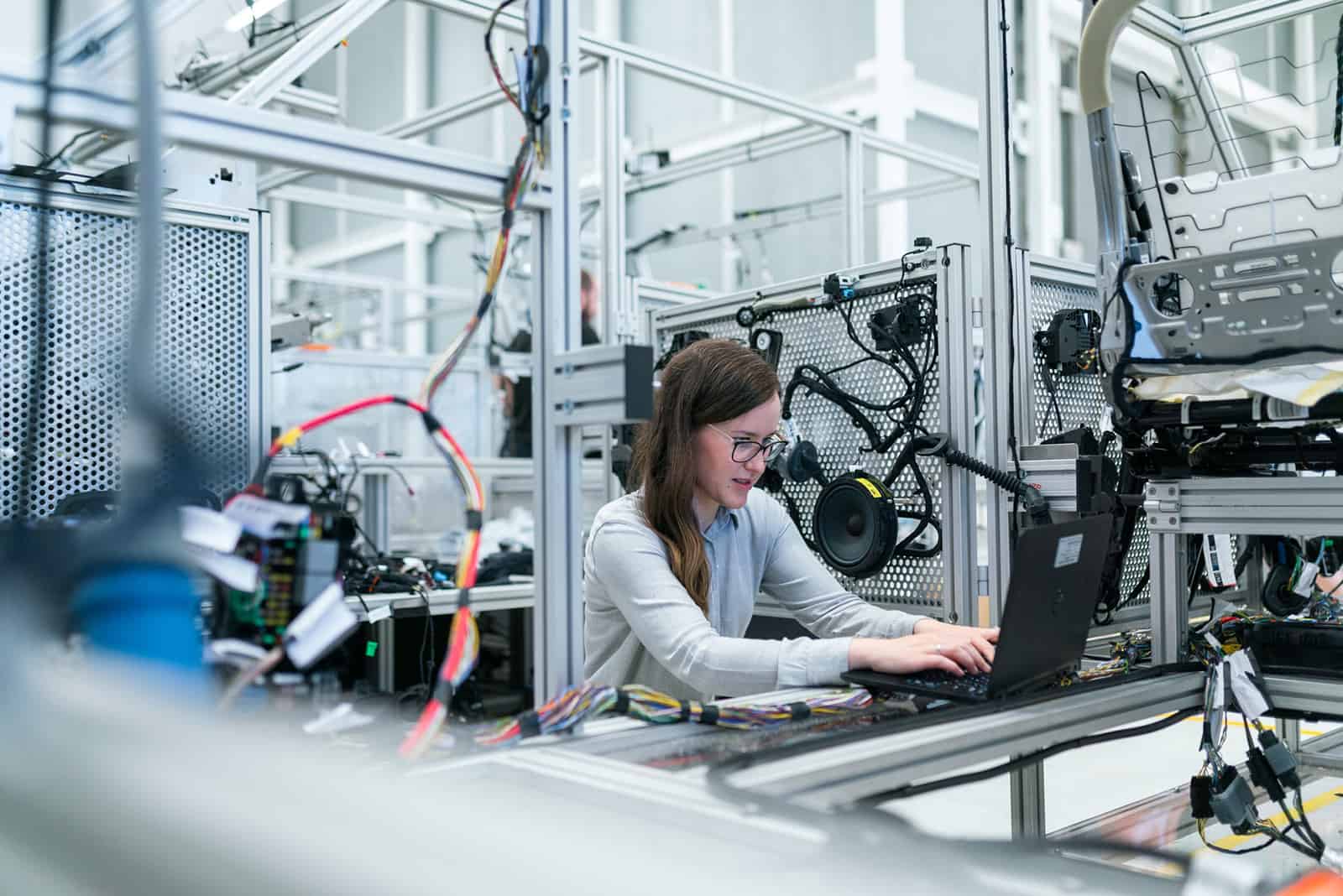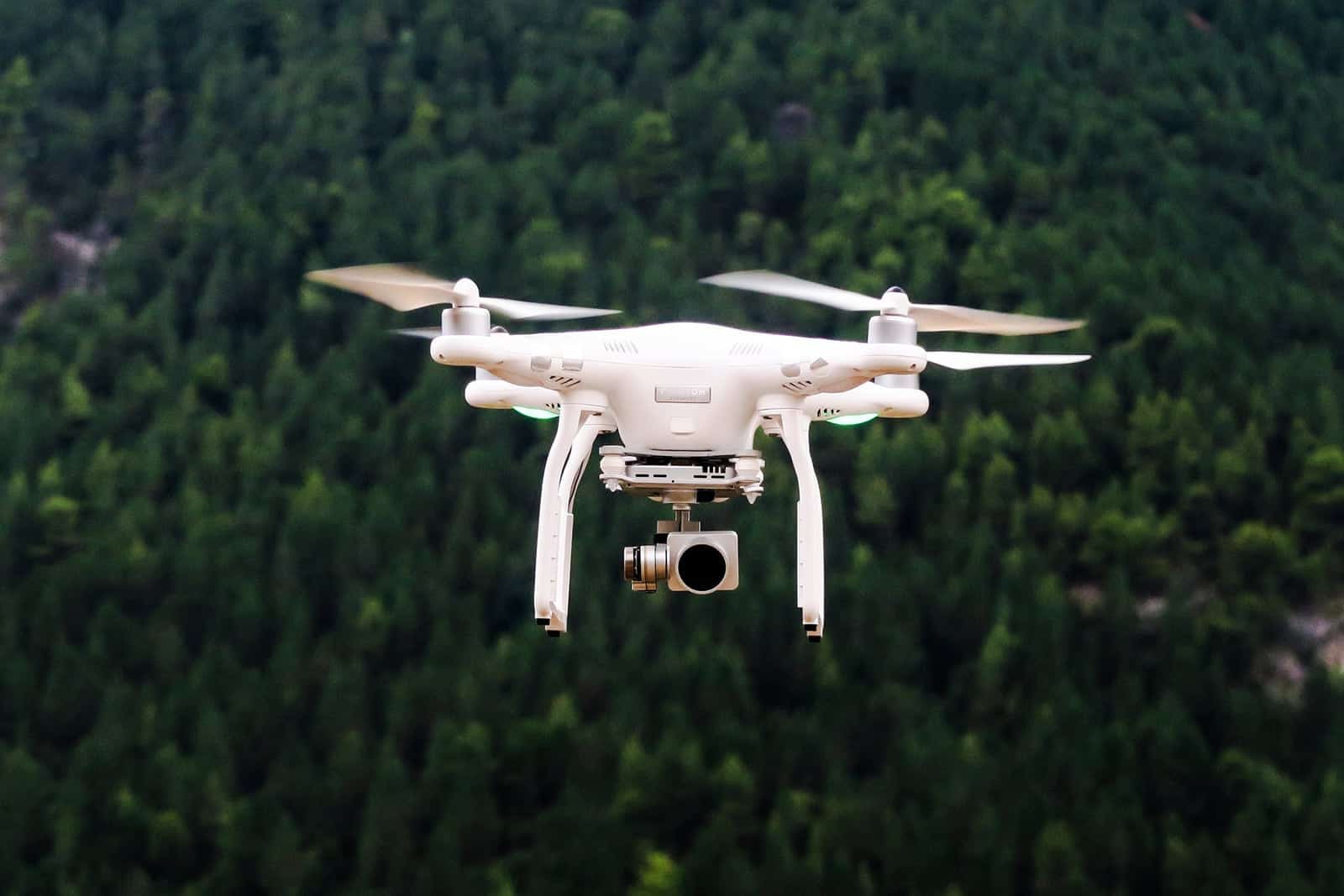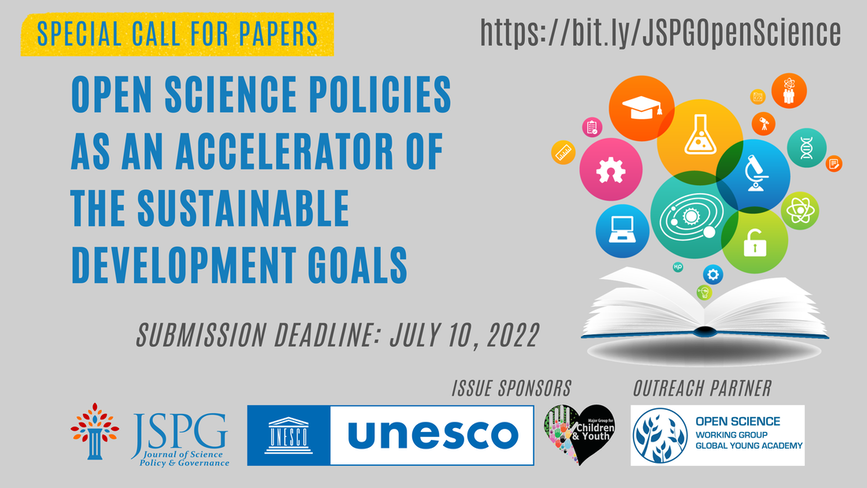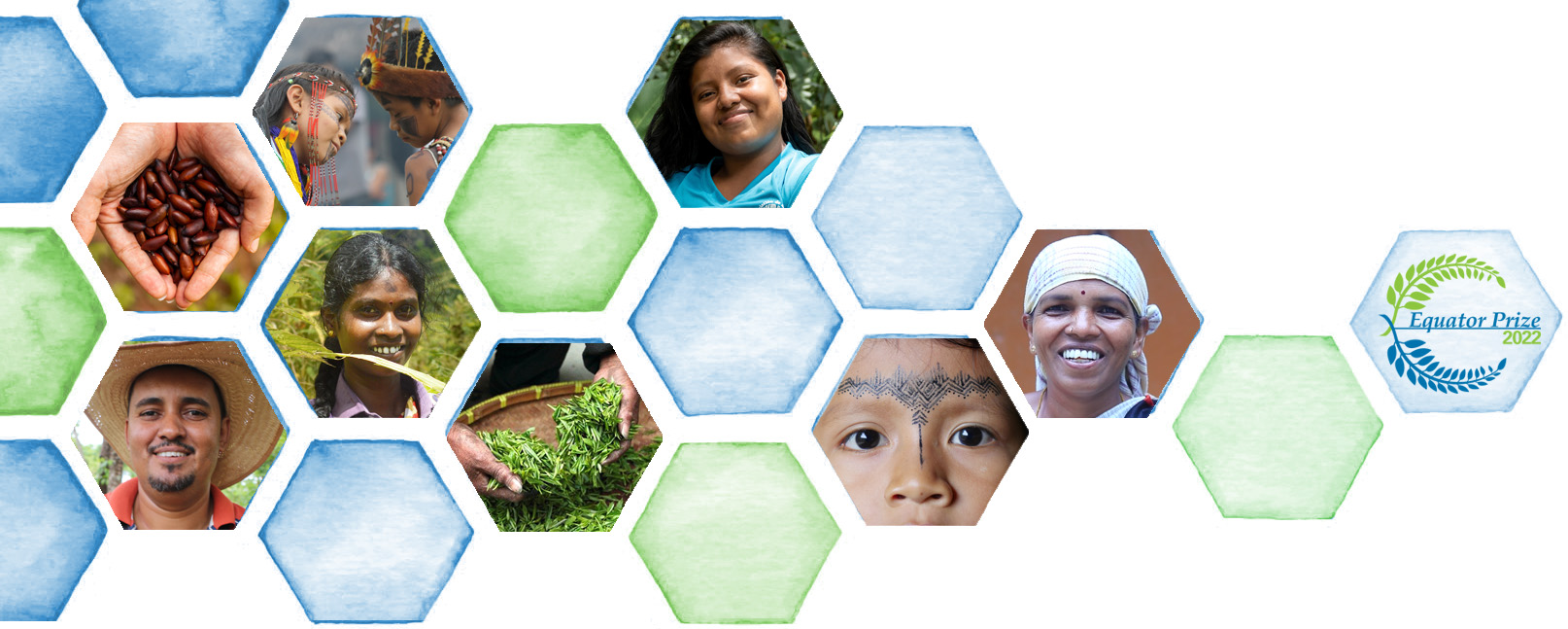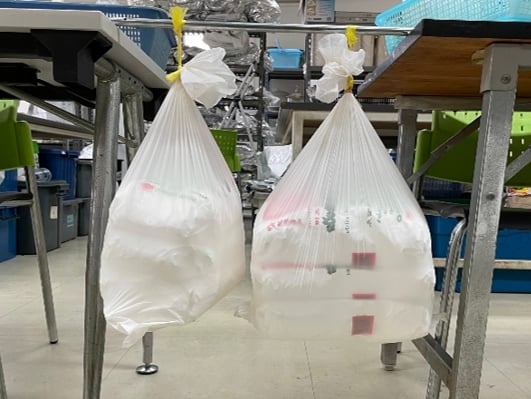

bio-plastic bags for future
NRCT supports Kasetsart University to develop bio-plastic bags ready to transfer technology to the private sector “Plastic waste” is a global problem that affects the environment and the health of people in society. Each year around the world, 500 billion plastic bags are used, half of which are single-use plastics. In Thailand, more than 2 million tons of plastic waste are generated each year. About 45 billion plastic bags are used per year. And more than 50 percent is plastic waste from food delivery businesses. The plastic waste problem in Thailand is getting more serious and is entering a crisis.

Dr. Wiparat Deeong, director of the National Research Office (NRCT)
Wiparat Deeong, director of the National Research Office (NRCT), revealed that to drive operations in the prevention and solution of plastic waste problems that have an impact on the environment. The Cabinet, therefore, resolved to Reduce – stop using plastic (plastic bag with handle Styrofoam boxes for food packaging, plastic glasses, plastic straws, plastic film, etc.) by using renewable and environmentally friendly materials. or bioplastics “Hundred percent” or means to stop using them completely by 2022, but because the use of plastic bags is a reflection of the daily habits of people in society. Therefore, there must be prepared for both the producer and the consumer. vocational support for research funding for Kasetsart University In the project “Single-use biodegradable plastic bags from thermoplastic starch-based materials” by Assoc. The Faculty of Agro-Industry is the project leader.

Assoc. Prof. Dr. Rangrong Yoksan
Assoc. Prof. Dr. Rangrong Yoksan, Deputy Head of Department of Packaging and Materials Technology Faculty of Agro-Industry Kasetsart University said that there are 2 groups of bioplastics or Bioplastics, namely those that cannot be degraded naturally. But originated from living things such as bio-PE and biodegradable groups such as PLA (Polylactic acid), PBAT (Polybutyl adipate-co-terephthalate), PBS (polybutylene succinate), TPS (thermoplastic starch), etc. Bioplastics. The latter group is stronger and less durable than regular plastic. Therefore, it cannot be used as a replacement for all plastic packaging. Because some packaging has to bear a lot of weight. must be heat resistant and need durability Therefore, selecting applications that are suitable for the material properties will reveal the practical possibilities of the material.
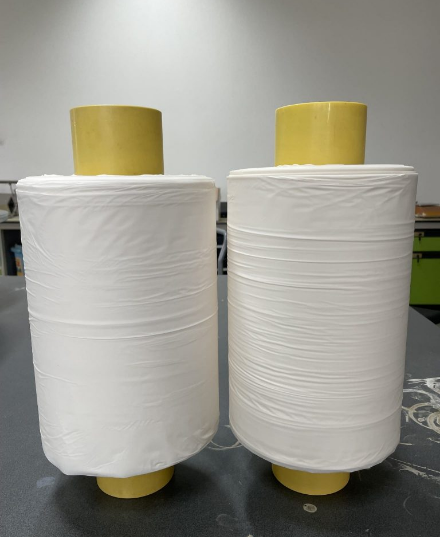
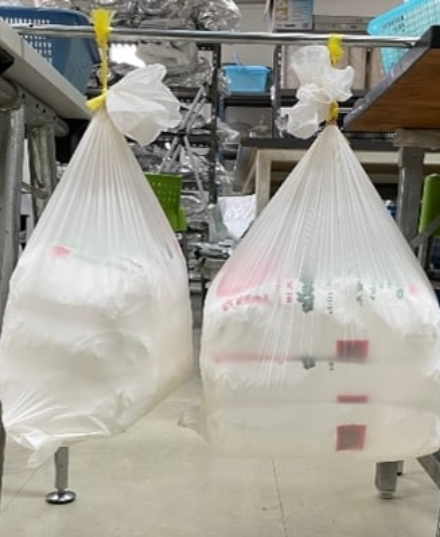
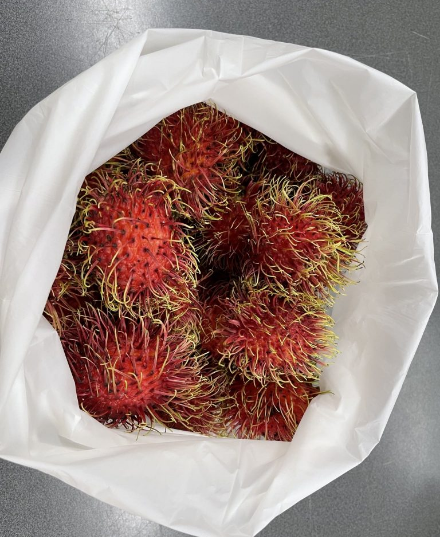
This research project, therefore, focuses on the development of biodegradable plastic bags containing TPS from tapioca starch and biodegradable polyester to replace disposable film and plastic bags, such as 1) household food waste bags which, when entering the disposal process, can be landfill at the same time The bags are also biodegradable. 2) Toilet bags 3) Juicy bags for meat and vegetables in supermarkets 4) Films for sanitary products, etc., which are mostly used once because they are disposable. contamination Or if there is no contamination, it may be reused until it deteriorates and then discarded.
After successful production at the laboratory level, bioplastics are tested, produced, and molded using industrial machinery together with private operators. since pellet production is Blow-formed, film-printed, heat-sealed, and cut into bags. It is also presented to the operators who take advantage to see further suitable applications. It appears that it has been attracted by many entrepreneurs. Most bioplastics have a moisture problem. and viscosity than general plastic As a result, operators are worried that they will damage the machines. and causing difficulties in production The acceptance of this operator confirms that the bioplastics produced can be applied in the industrial sector. It can be molded continuously without causing damage in the production process. to produce bio-plastic packaging for commercial use.



